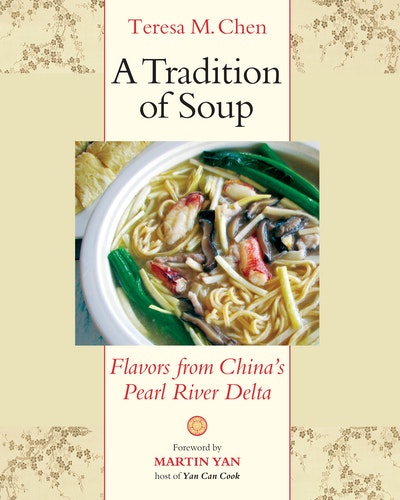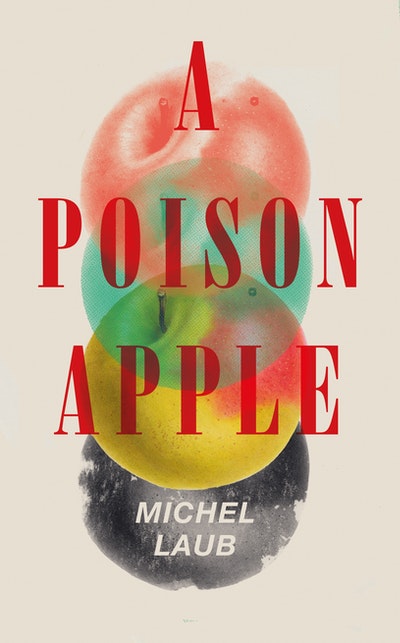‘I often dreamed about the moment of the fall, a silence that lasted a second, possibly two, a room full of sixty people and no one making a sound, as if everyone were waiting for my classmate to cry out ... but he lay on the ground with his eyes closed’
A schoolboy prank goes horribly wrong, and a thirteen-year-old boy is left injured. Years later, one of the classmates relives the episode as he tries to come to terms with his demons.
Diary of the Fall is the story of three generations: a man examining the mistakes of his past, and his struggle for forgiveness; a father with Alzheimer’s, for whom recording every memory has become an obsession; and a grandfather who survived Auschwitz, filling notebook after notebook with the false memories of someone desperate to forget.
Beautiful and brave, Michel Laub’s novel asks the most basic – and yet most complex – questions about history and identity, exploring what stories we choose to tell about ourselves and how we become the people we are.
Michel Laub's next book, A Poison Apple, will be published on 6th July 2017.



